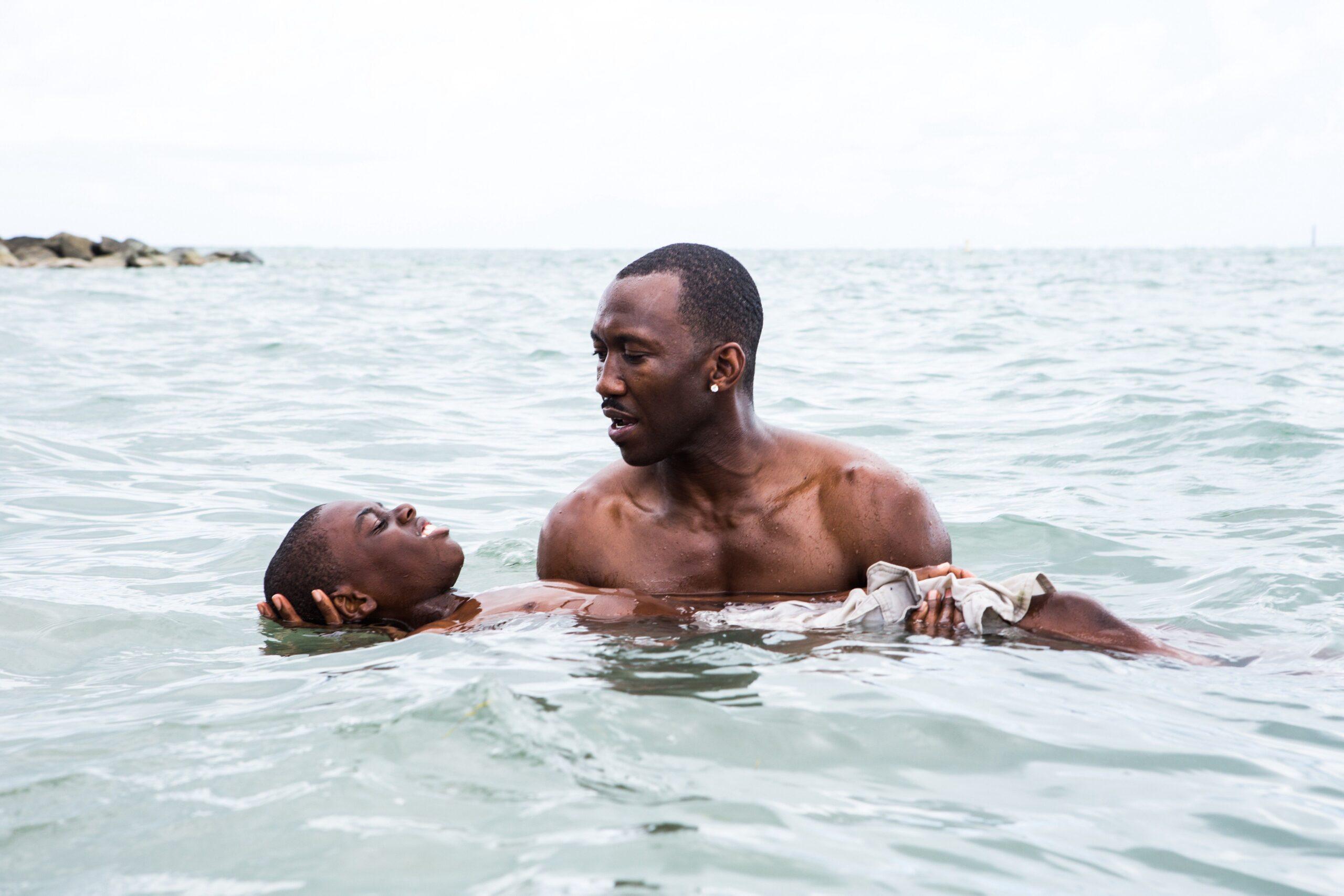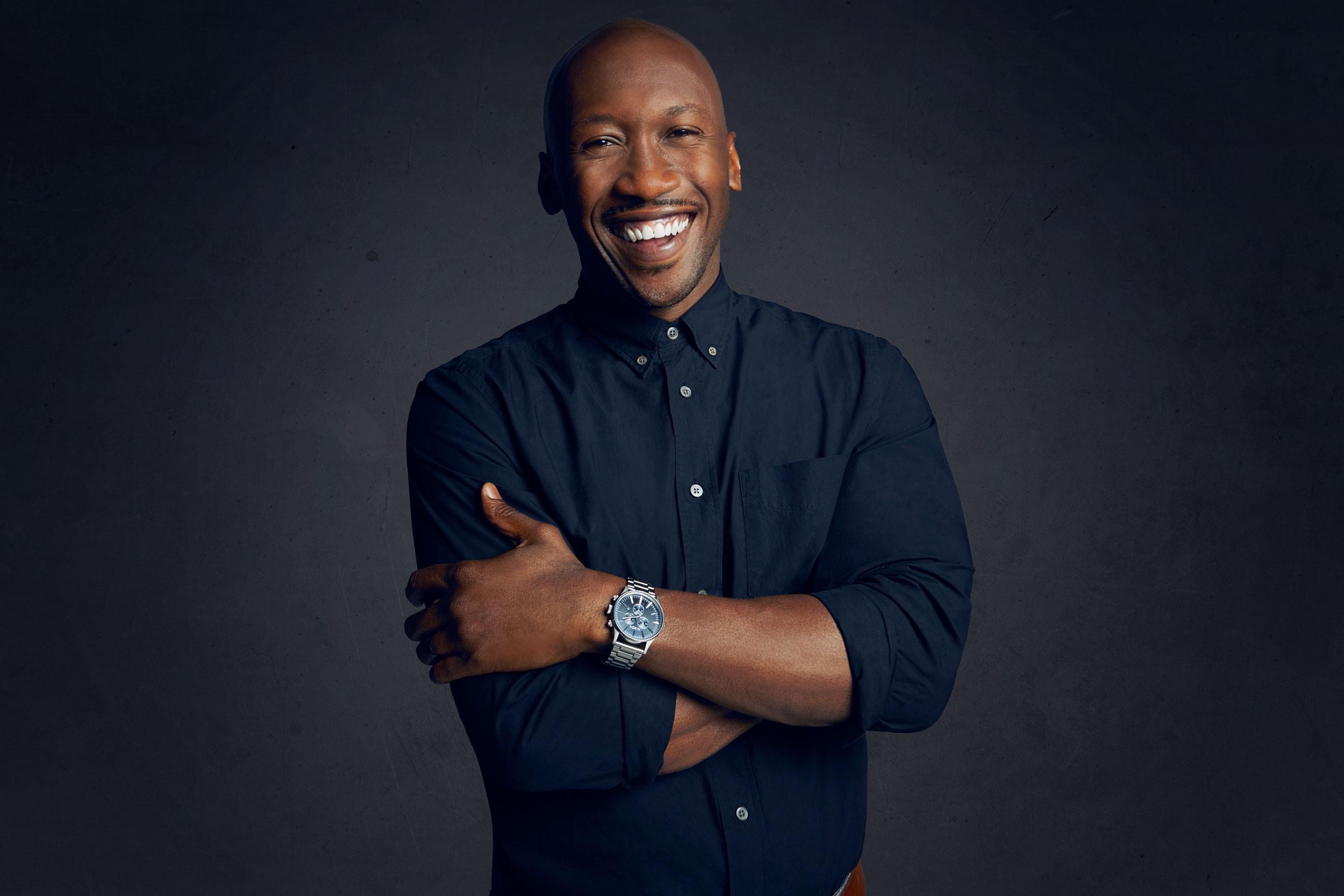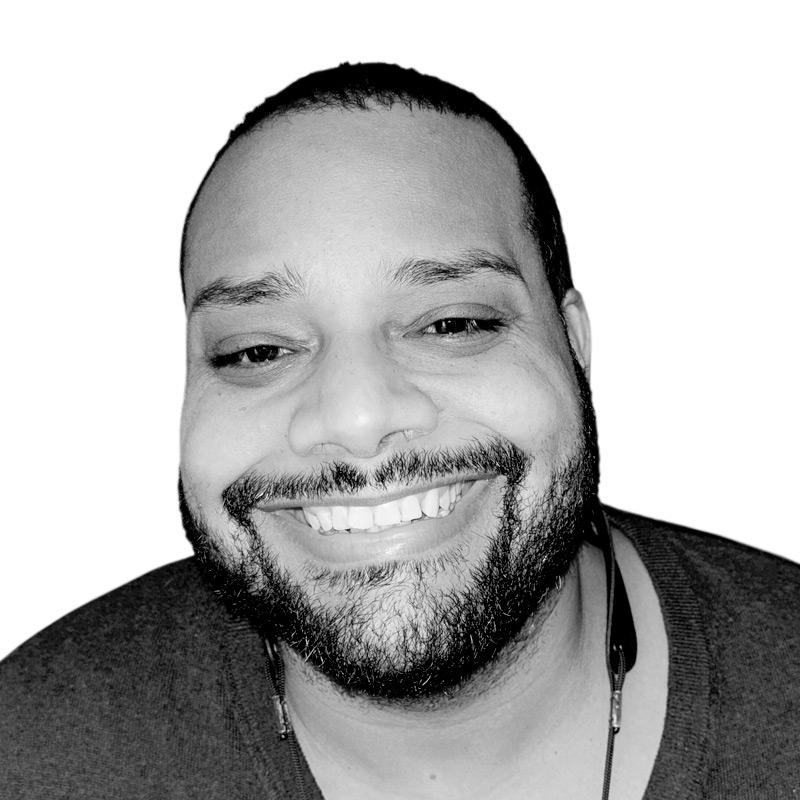Mahershala Ali Has the Range
From ‘Luke Cage’ to ‘Moonlight,’ the actor leaves no emotion unexamined"Some characters are really hard to let go of," says Mahershala Ali. He’s talking about the role of Juan, a Miami drug dealer, in Barry Jenkins’s film Moonlight. "When I was done, I kind of mourned."
Ali has a knack for unforgettable characters, two of whom have recently earned him widespread praise. In addition to the universally acclaimed Moonlight, the 42-year-old actor stole the show with his portrayal of the evil Harlem smuggler Cottonmouth in Marvel’s Netflix series Luke Cage, which debuted at the end of September.
Though Cottonmouth and Juan are drawing him a new level of attention, Ali has been steadily building to his moment in the spotlight. Since he graduated from NYU’s Tisch School acting program in 2001, he’s worked in TV series such as Crossing Jordan, The 4400, and Treme. He played the beloved Remy Danton for four seasons on House of Cards. Having shuttled coast to coast to work on several TV and film projects simultaneously in the past year, Ali has mastered a great variety of roles.
As I watched Moonlight and much of Luke Cage within days of each other a couple of weeks ago, I was struck by the contrast between Ali’s performances. In Luke Cage, he’s a classic, flashy, cackling gangster. In Moonlight, he’s a cautious hustler who does right by Chiron, a frightened young boy who finds himself alienated from his classmates and his single mother. I spoke with Ali about Moonlight, the relationship between Juan and Chiron, and Jenkins’s outlook on characters who, across three acts that span 20-odd years, are lost and found in one another. Note: The interview contains mild spoilers.
Going into Moonlight, were you familiar with Tarell Alvin McCraney’s original play?
No, I wasn’t. I was actually cast in one of Tarell’s other plays, The Brother Size, a few years earlier; I just wasn’t able to do it. So I’d heard about Tarell before, but I didn’t put two and two together until much later. Until recently, actually.
Were you shooting Moonlight and Luke Cage at the same time?
I was shooting Moonlight at the same time I was shooting House of Cards, Luke Cage, and a project called Future Relic.
Did you suffer any whiplash switching among roles?
You know, that was my main concern, and it really gave me pause. I was hoping that they would be really gracious with Luke Cage to work around that schedule and, fortunately, they were. But I wasn’t going to let go of Moonlight. I had to do that project. I had a responsibility to help tell Barry and Tarell’s story. And I couldn’t just show up and memorize the lines. I knew I didn’t really have a lot of time; I was working seven days a week. So my main concern was separating the characters.
In Moonlight, it seems to me that you’re playing against a type, and that the characters are playing with expectations of who they think they should be, and who the audience might think they are.
I don’t think anyone was directed against expectations. I think everyone was directed in a way that you would direct any other human. The characters are written from the inside out. Barry comes from that community, so he can’t help but see every one of those people as real people. If you take a talented writer like Barry and Tarell McCraney, of course they’re going to write those people, those characters, in a way that reflects them being real people. There’s never any question of having to lift them from the realm of stereotypes. We never had to wrestle with that, per se, because they didn’t write them in a two-dimensional or one-dimensional way.
What was Barry’s guidance for your character, Juan?
The role was so attractive because there’s the version of African Americans or people from urban environments that we see on television, and then there’s the folks I know in real life. Those are two different realities. We’ve grown to accept them. You accept people throwing money around as reality in the music-video world, but that’s not the reality of an everyday experience. No one is in their mansion throwing around $20 bills. I know people who sell drugs. I know people who will never get out of jail. But I didn’t walk around going, "That’s the evil guy who is the drug dealer." I always thought of those people as real people, who were friends and, sometimes, not necessarily friends, but people in close proximity who cared about their mom and kids, and who would play with me after school. We were on the same teams together. We traveled together. I never thought of them as anything less than full people. So when you have someone writing who’s creating that sort of material with similar experiences, they’re going to write them as similar human beings. It’s the outside world who’s not from those communities who aren’t familiar. It’s a surprise for somebody else, but not for people who know those people.
A big part of why the word "type" comes to mind is because of the final arc of the movie, when Chiron has grown into "Black," who is wearing gold fronts, and Kevin is pressing him to explain who and what he’s become.
With that relationship, it’s because Kevin has known Chiron since he was a little kid, and he knows that persona is a stretch for that character, personally, not just as a larger stereotype for black men. Kevin knows that Chiron has been picked on all his life, has wrestled with coming to terms with his sexuality, is not a tough guy, and has had to hide in order to survive. When Chiron is almost 30 years old, and he’s 210 pounds, and he’s muscular, and he’s got the car, and he’s got the teeth, Kevin sees that as armor. He’s asking, "Who are you? Who are you now?" And they’re both really different at that time. So I think for Kevin to say that to Chiron is a personal insight from the standpoint of really knowing another person, at least in Kevin’s own mind.
What was your grasp of the story by the time you started filming?
The way we shot that project, we filmed my parts over the course of about three different weekends. The time in between was really challenging and difficult in a way that I’d never experienced because I really got connected to the character. In some ways, it was just a really cathartic experience to get to be someone’s mentor in that way. The way Alex Hibbert plays him, Little [another name for the Chiron character] really takes in that information; it’s critical to him. It’s the attention and the advice that he so deeply and desperately needs. He really needs that relationship. And so to get to be that for a young boy — to step into that role — was an amazing experience.

Talk to me about the scene where you and Little are in the water. It’s a quiet, overwhelming scene, and I watched it wondering how you two could achieve that sort of silent intimacy in a nonetheless accessible way.
I don’t really know what this really means, but I will say: When we were shooting it, we felt like one person. In some ways, it feels like Juan was having a series of moments with his younger self. What Chiron sort of reflects for Juan is his capacity to be a good person. Chiron is so pure, curious, and intelligent, but he’s being persecuted in some way, and what Juan gets to do is try to take the shackles off of him. In part, I think that scene frees them both. Juan is teaching a man how to fish. How to swim. He’s sort of giving him an opportunity to experience a degree of empowerment and freedom. He’s passing that moment along to someone who’s probably never spent any real time at the beach. I think it is a real beautiful moment for both of them, and I think that they kind of do the same thing for each other. They give each other perspective on the potential that they both have as people.
Your character is a part of a very specific part of this story. What’s it like for you now, seeing the story as a whole?
Going into the project, I was really cognizant of Chiron’s journey from start to finish. But then later on, I’d have to really compartmentalize and just focus on the chapter that I was in. Seeing the finished product, it was really gratifying; you leave these projects and, every now and then — every blue moon — you have a reaction to them. Perhaps sometimes even a visceral reaction. And then sometimes you watch them, and they really don’t live up to expectation, or to the feeling you had in working on them. So to see a project that goes beyond what I think any of us, outside of Barry, envisioned is a kind of … I’m kind of at a loss for words. It’s just an amazing experience and feeling.


